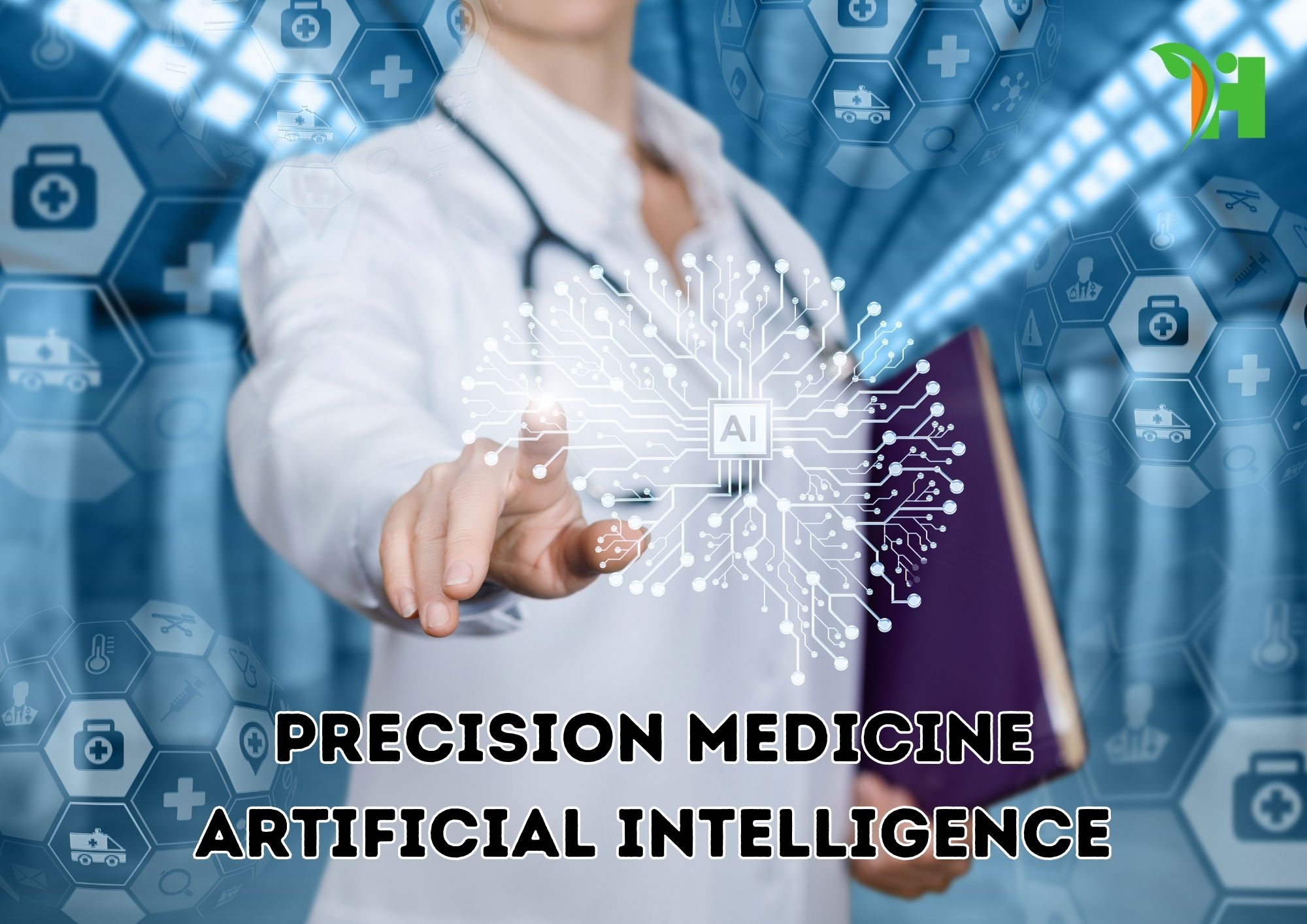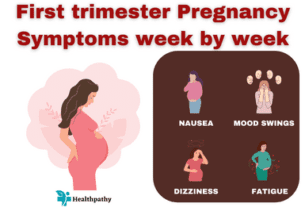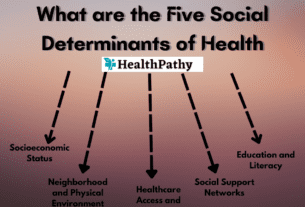Precision Medicine Artificial Intelligence
In recent years, the field of medicine has witnessed a transformative shift towards a more individualized approach known as precision medicine. This revolutionary paradigm aims to tailor medical treatments and interventions to the specific characteristics of each patient, taking into account their genetic makeup, lifestyle, environment, and unique health history. Precision medicine holds the promise of improving patient outcomes and reducing adverse effects by moving away from the traditional “one-size-fits-all” approach. At the forefront of this healthcare revolution is artificial intelligence (AI), which is playing a pivotal role in enabling the effective implementation of precision medicine.
Precision Medicine
Precision medicine, also known as personalized medicine, is a healthcare approach that recognizes the inherent variability in individuals’ genetic and molecular profiles. Instead of treating diseases based solely on their symptoms, precision medicine focuses on identifying the underlying genetic and molecular mechanisms that contribute to a patient’s condition. This approach allows for the development of targeted therapies and interventions that are more likely to be effective, minimizing trial-and-error treatment strategies.
The foundation of precision medicine lies in the analysis of large-scale biological data, including genomics, proteomics, metabolomics, and clinical data. The integration of these data sources provides a comprehensive understanding of a patient’s health, disease risks, and potential treatment responses. This complex data analysis is where artificial intelligence steps in as an invaluable tool.
The Role of Artificial Intelligence in Precision Medicine
AI refers to the simulation of human intelligence processes by machines, particularly computer systems. Machine learning, a subset of AI, involves the development of algorithms that enable computers to learn from and make predictions or decisions based on data. In the context of precision medicine, AI techniques play a crucial role in extracting insights from the vast and complex datasets associated with individual patients.
-
Genomic Analysis and Interpretation
Genomic sequencing, which involves determining the order of DNA building blocks (nucleotides) in an individual’s genome, generates massive amounts of data. AI algorithms can efficiently analyze this data to identify genetic mutations, variations, and their potential implications for disease risk, drug responses, and treatment outcomes. Machine learning models can predict a patient’s susceptibility to certain conditions and recommend personalized treatment strategies based on genetic information.
-
Disease Prediction and Diagnosis
AI-powered algorithms can analyze patient data, including medical history, clinical symptoms, and diagnostic tests, to identify patterns and correlations that might not be apparent to human clinicians. This assists in early disease detection, accurate diagnosis, and prognosis prediction. For example, AI algorithms have demonstrated success in diagnosing diseases like cancer from medical imaging data, often outperforming human experts.
-
Drug Discovery and Development
The process of discovering and developing new drugs is resource-intensive and time-consuming. AI accelerates this process by efficiently analyzing vast databases of molecular structures, interactions, and biological pathways. Machine learning algorithms can identify potential drug candidates, predict their efficacy, and even suggest modifications to existing compounds to enhance their therapeutic properties.
-
Personalized Treatment Recommendations
Precision medicine aims to prescribe treatments that are tailored to each patient’s unique characteristics. AI algorithms can analyze a patient’s genomic and clinical data, along with data from similar cases, to predict the most effective treatment options and potential adverse reactions. This reduces the risk of ineffective treatments and adverse effects.
-
Real-time Monitoring and Intervention
AI-driven wearable devices and monitoring systems can continuously collect and analyze patients’ physiological data. These systems can provide early alerts for deviations from normal health parameters, allowing for timely interventions and adjustments to treatment plans. Such real-time monitoring enhances patient care and helps prevent medical crises.
Challenges and Future Directions
While the integration of AI into precision medicine holds great promise, it also comes with challenges that need to be addressed. Data privacy and security concerns, interoperability of diverse healthcare systems, and the need for validated and interpretable AI models are some of the key hurdles.
Looking ahead, the future of precision medicine and AI collaboration is promising. Advances in AI technologies, including deep learning and reinforcement learning, will likely lead to even more sophisticated diagnostic tools, treatment strategies, and predictive models. The integration of multi-omics data, electronic health records, and real-world evidence will further refine the accuracy of AI-powered precision medicine.
Summary: Precision Medicine Artificial Intelligence
The convergence of precision medicine and artificial intelligence is revolutionizing healthcare by shifting from a generalized approach to one that focuses on individual variability. AI’s ability to analyze complex data, identify patterns, and predict outcomes is transforming the way we diagnose, treat, and prevent diseases. As technology continues to evolve, the synergy between precision medicine and AI has the potential to reshape healthcare delivery, leading to more effective treatments, improved patient outcomes, and a new era of personalized healthcare.
Related Articles:
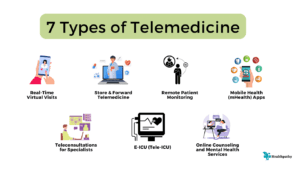

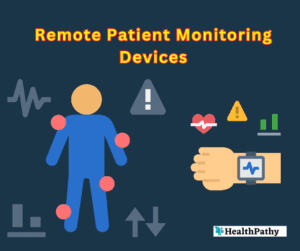
Follow us: Precision Medicine Artificial Intelligence


